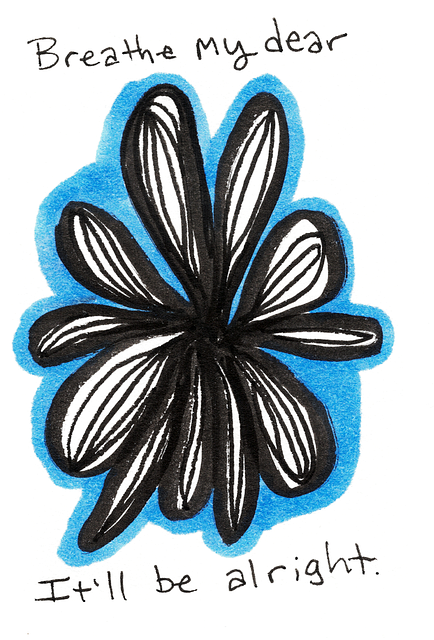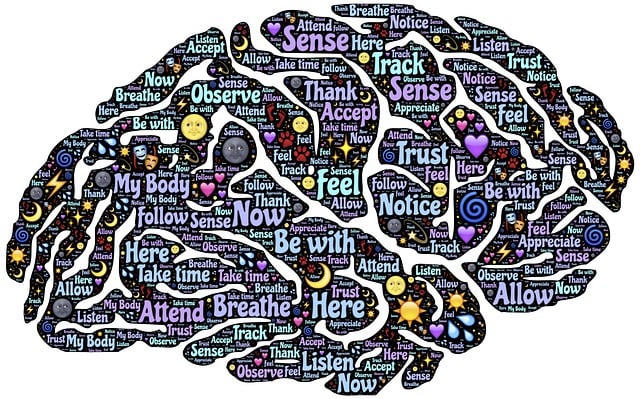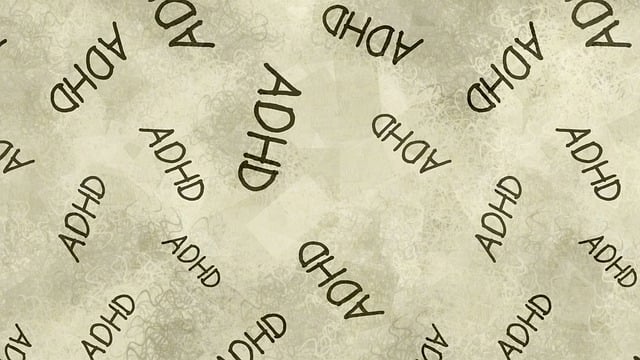Colorado Springs is seeing a mental health revolution through Play Therapy, an innovative approach that uses games and activities to improve diagnostic accuracy, especially for children and adolescents. By providing alternative assessment methods and fostering open conversations about mental wellness, this therapy offers a culturally sensitive, evidence-based strategy to reduce misdiagnosis and burnout. Its success in navigating the complex landscape of mental illness ensures individuals receive timely, accurate care from the start.
Mental illness diagnosis accuracy is a critical aspect of patient care, yet misdiagnosis remains prevalent in mental health. This article delves into understanding the challenges surrounding diagnostic rates and presents innovative solutions. We explore ‘Colorado Springs Play Therapy’—a creative approach designed to enhance diagnosis and improve patient outcomes. Furthermore, evidence-based strategies are discussed, offering practical methods to ensure more accurate assessments, ultimately benefiting patients and healthcare providers alike.
- Understanding the Challenges: Unveiling Misdiagnosis Rates in Mental Health
- Colorado Springs Play Therapy: A Creative Approach to Enhance Diagnosis
- Evidence-Based Strategies for Improving Diagnostic Accuracy and Patient Outcomes
Understanding the Challenges: Unveiling Misdiagnosis Rates in Mental Health

Mental illness diagnosis accuracy is a complex issue that demands attention. Misdiagnosis rates in mental health are alarmingly high, with studies suggesting significant disparities across various demographics. In Colorado Springs, play therapy has emerged as a promising approach to address these challenges. This therapeutic method utilizes games and activities to help clients express themselves and explore their emotions, potentially improving diagnosis accuracy by providing alternative avenues for assessment.
The public awareness campaigns development and promotion of Mind Over Matter principles are crucial steps towards enhancing mental wellness and reducing misdiagnosis. By fostering open conversations about mental health and educating communities on the nuances of diagnosis, we can create an environment where individuals receive more accurate and timely care. These efforts are essential in navigating the intricate landscape of mental illness, ensuring that those in need of support get the right help from the start.
Colorado Springs Play Therapy: A Creative Approach to Enhance Diagnosis

In Colorado Springs, a unique therapeutic approach is gaining traction in mental health care: Play Therapy. This innovative method utilizes play and creative activities to help therapists gain deeper insights into their clients’ emotional states and behaviors, particularly in children and adolescents. By engaging in play, therapists can observe non-verbal cues and patterns that often go unnoticed during traditional talk therapy.
Play Therapy offers a dynamic way to enhance diagnosis accuracy by providing a safe, fun environment for exploration. It encourages expression through imaginative play, art, and games, allowing individuals to communicate their feelings and experiences more freely. This creative process can be instrumental in identifying underlying issues, such as trauma, anxiety, or depression, and it promotes the development of essential skills like conflict resolution techniques and positive thinking. Moreover, Play Therapy can aid in burnout prevention by providing a refreshing and engaging alternative to conventional therapy methods.
Evidence-Based Strategies for Improving Diagnostic Accuracy and Patient Outcomes

In the pursuit of enhancing mental illness diagnosis accuracy and patient outcomes, evidence-based strategies play a pivotal role. Colorado Springs Play Therapy, for instance, has shown promising results in improving diagnostic clarity, particularly for children and adolescents. This therapeutic approach leverages play as a tool to help clients express their feelings and thoughts, providing therapists with valuable insights into their psychological states. By integrating this method into clinical practice, healthcare providers gain a deeper understanding of patients’ internal experiences, leading to more precise diagnoses.
Cultural sensitivity in mental healthcare practice is another critical component of these efforts. Recognizing the influence of cultural background on an individual’s presentation and experience of mental illness, therapists must undergo comprehensive training in healthcare provider cultural competency. This equips them with the skills to navigate differences in communication styles, values, and beliefs, ensuring that every patient receives care tailored to their unique needs. Moreover, focusing on mood management techniques alongside these culturally sensitive practices can significantly contribute to positive patient outcomes by empowering individuals to regulate their emotional states more effectively.
Mental health diagnosis accuracy has long been a complex issue, with misdiagnosis rates highlighting the need for innovative solutions. Colorado Springs Play Therapy offers a unique and effective approach, utilizing creative techniques to enhance diagnostic processes. By combining evidence-based strategies with this therapeutic method, professionals can significantly improve diagnostic accuracy, ultimately leading to better patient outcomes. These efforts are crucial in ensuring individuals receive the appropriate care for their mental health concerns.














